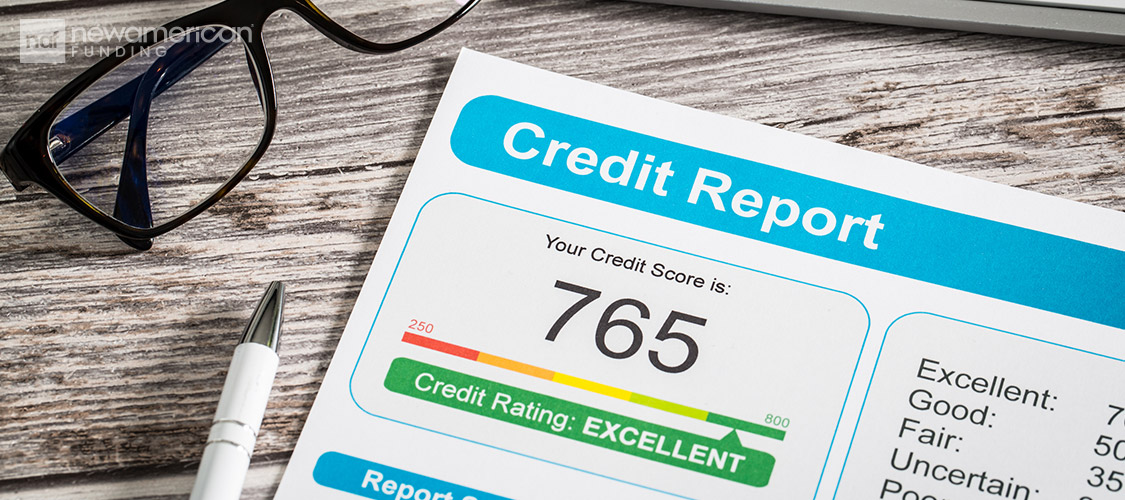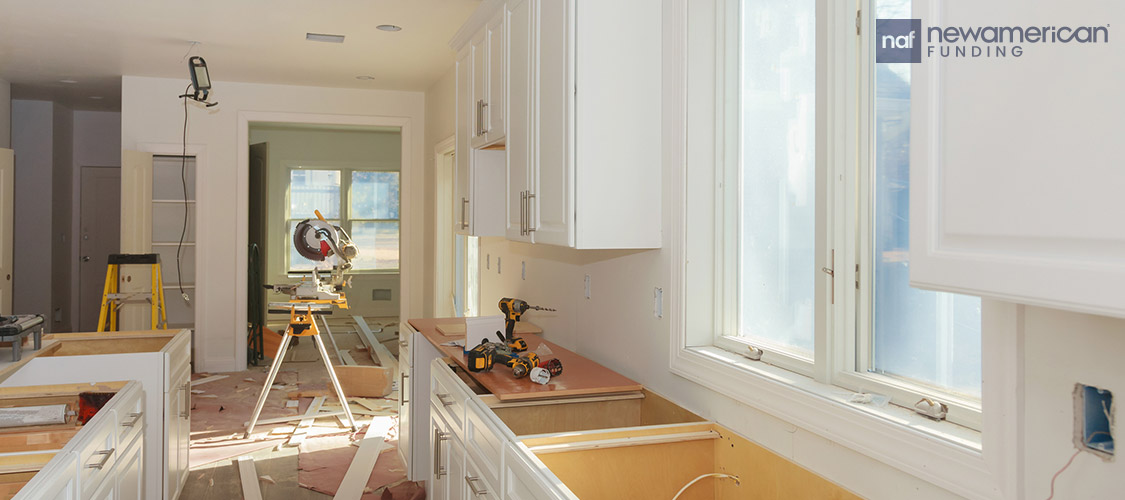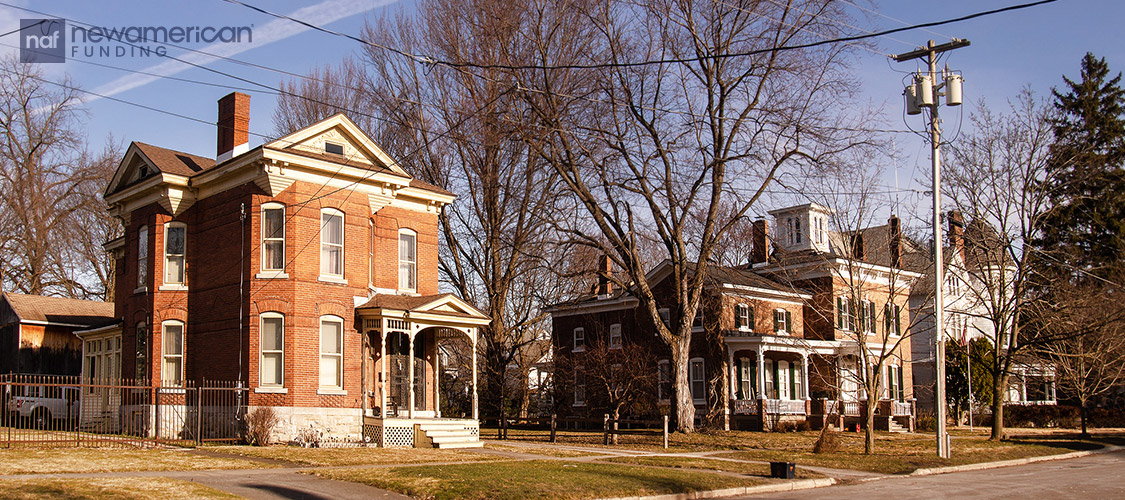Homebuyers
The 8 Mistakes Many Homebuyers Make—And How to Avoid Them
June 28, 2024
In the excitement of starting the home-hunting journey, it's easy to overlook what may seem like the little things: not getting pre-approved for a mortgage before hitting the open houses or underestimating the cost of a kitchen remodel.
The dream of finding the perfect home can sometimes cloud judgment, causing some first-time and even repeat homebuyers to make avoidable mistakes.
Overall, 90% of millennials have regrets about their first home purchase—up from 82% in 2023, according to Real Estate Witch's 2024 Millennial Home Buyer Report. It was based on a survey of 1,000 Americans planning to purchase a home in 2024.
However, many of these financial and emotional pitfalls can be avoided. By understanding these misconceptions and taking proactive steps, home shoppers can potentially save themselves money—and heartbreak.
1. Waiting until you have a 20% down payment

Many buyers delay purchasing a home because they believe they need to save up to 20% for a down payment. Yet the typical first-time homebuyer only put down 8%, according to the National Association of Realtors' 2023 Profile of Home Buyers and Sellers.
There are plenty of loan programs available that require much smaller down payments.
Federal Housing Administration loans, for example, require as little as 3.5% of the sale price. Buyers generally don't even need to make a down payment for U.S. Department of Veterans Affairs (VA) and U.S. Department of Agriculture (USDA) loans.
"There are numerous programs available that allow for much lower down payments," said Caroline Isern, senior vice president of multicultural lending at New American Funding.
In addition, there are down payment assistance programs available, including New American Funding's Pathway to Homeownership.
2. Not getting preapproved for a mortgage

A major misstep that many first-time buyers make is not getting pre-approved for a mortgage before house hunting.
"They feel ready in a sense to go shopping with only an idea of how much they qualify for," said real estate agent Rosemary De la Rosa of ClearView Realty in El Paso, Texas. "The bad thing about that is sometimes it leads to them loving the home. [But] when they get to the process of talking with the lender, and at the end of the day, they don't qualify for that home."
Rachel Stringer, a real estate agent at Raleigh Realty in North Carolina agrees.
"You won't know what you can afford without a pre-approval letter," she said. "And sellers need to see you're financially ready to buy. So, start there, even though it's not as glamorous."
3. Neglecting to check your credit score

Your credit score is key when applying for a mortgage. Borrowers with higher scores and less debt may be able to qualify for larger loans with lower mortgage rates and fees.
Ignoring your credit can lead to unpleasant—and potentially expensive—surprises. Check your credit score and report at least six months before planning to buy.
This allows you time to correct any errors and improve your score if necessary.
"Being prepared makes buying a home much smoother," said Ryan Nelson, founder and CEO of Rental Real Estate, an investment platform. "Just get informed before you start looking."
4. Overlooking additional monthly homeownership costs

Many first-time buyers focus solely on the down payment and monthly mortgage payment. However, they don't consider property taxes, homeowner association fees, and maintenance costs which can quickly add up.
The typical homeowner spends nearly $17,500 annually on taxes, insurance, maintenance, and repairs, according to Real Estate Witch. That's led about 18% of millennial homeowners to regret that their home requires so much upkeep.
"Make sure you factor in all the extras, so you don't get caught off guard," added Stringer.
5. Not realizing the true cost of a fixer-upper
First-time buyers may be drawn to the lower price tags for fixer-uppers. However, these homes could wind up costing them much more than they imagined when factoring in the cost of repairs.
Almost two in five homeowners exceeded their renovation budget in 2023, according to a Houzz report.
"That charming fixer-upper could be hiding a nightmare of structural issues," said Jim Gray, a real estate agent coach and consultant for the site AgentAdvice.
Buyers should make sure they understand the true cost of what they're getting into before purchasing one of these homes.
6. Not researching loan options
Assuming one type of loan fits all can lead to missed opportunities. Each loan has different benefits—as well as potential drawbacks.
Some loans allow borrowers with lower minimum credit scores and down payments. This can help some potential buyers to qualify for a loan.
For example, FHA, VA, and USDA loans can offer low- or no-money-down financing options. FHA and VA loans may also offer lower mortgage rates.
However, borrowers receiving FHA and USDA loans may be required to pay private mortgage insurance (PMI.) That can increase the size of their monthly mortgage payments.
That's why it's important to research various mortgage options to find the best fit for your financial situation.
7. Ignoring the importance of location

First-time buyers are often more likely to buy homes in undesirable locations if these properties are more affordable. That could result in longer commutes to work, being further from friends and family, or not being happy with the community or local school system.
Among the millennials suffering from buyer's remorse, 27% blame a lousy location, according to Real Estate Witch.
"Typically, we visit a home during the day and then again in the evening when people are home," said real estate agent De la Rosa. "This gives us a different view of the house and neighborhood. We often find issues like piles of cars on the lawn or barking dogs, which can be red flags for clients."
8. Skipping the home inspection

Forgoing a home inspection to win a bid can lead to costly repairs down the line. There aren't many new homeowners who want to be presented with a five-figure repair bill right after they move in.
Buyers should work with a home inspector to make sure that the foundation is in good shape, the roof isn't leaking, and the plumbing, electrical, boiler, and heating and cooling systems are working as they should, among other potential issues. If there are problems, buyers may be able to negotiate repairs or a discount from the seller.
These problems may not be visible to the naked eye and can be quite costly to fix.
"Conducting a thorough inspection and not skipping this step, no matter how appealing the property may seem, is crucial," said Tim Choate, founder and CEO of RedAwning.com, a vacation rental platform. "One significant warning sign is if the property has been on the market for an unusually long time. This can indicate underlying issues that aren't immediately apparent."





